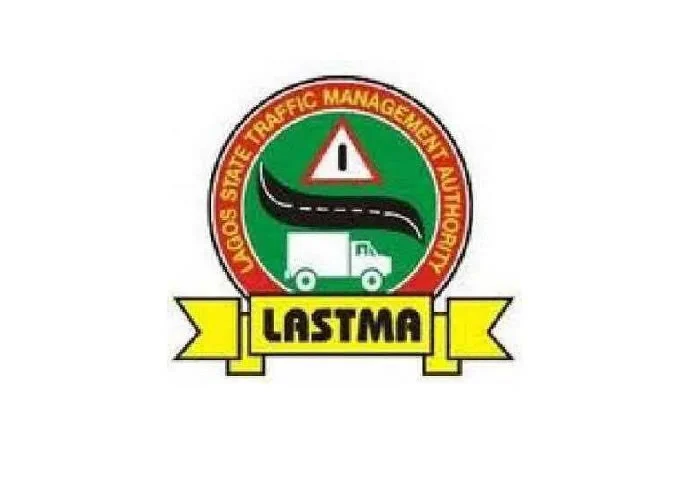EU Envoy Calls for Urgent Action on Textile Waste in Nigeria

The European Union Ambassador to Nigeria and the Economic Community of West African States (ECOWAS), Mr. Gautier Mignot, has highlighted the critical need for Nigeria and the wider West African region to address the burgeoning issue of textile waste.
Speaking at a recent forum on sustainable fashion and circular economy practices, Ambassador Mignot drew attention to the staggering global statistic of 92 million tons of textile waste generated annually.
He emphasized that this immense volume of discarded clothing and fabric poses significant environmental and economic challenges.
Ambassador Mignot stressed that Nigeria, as a major consumer and potential hub for textile production, has a crucial role to play in mitigating this crisis.
“The sheer scale of textile waste globally is alarming, and Nigeria is not immune to its impact,” Ambassador Mignot stated. “We need to collectively explore and implement strategies that reduce waste generation throughout the textile value chain, from design and production to consumption and disposal.”
The Ambassador pointed to the potential for adopting circular economy principles within the Nigerian textile industry. This includes promoting more durable and repairable clothing, encouraging reuse and resale initiatives, and investing in innovative recycling technologies that can transform textile waste into new resources.
He further highlighted the EU’s commitment to supporting sustainable practices and fostering partnerships in this area.
Ambassador Mignot suggested exploring collaborations on knowledge transfer, technical assistance, and investment in infrastructure that supports a more circular and less wasteful textile industry in Nigeria and the ECOWAS region.
The call to action comes at a time when environmental concerns are gaining increasing prominence globally. The textile industry is known for its significant environmental footprint, including water and energy consumption, chemical pollution, and greenhouse gas emissions.
Addressing the issue of textile waste is therefore a crucial step towards achieving broader sustainability goals.
Stakeholders in the Nigerian fashion and textile sectors, including designers, manufacturers, retailers, and policymakers, are expected to take heed of Ambassador Mignot’s message and work towards implementing solutions that can significantly reduce the nation’s contribution to the global textile waste problem. The transition towards a more sustainable and circular textile economy promises not only environmental benefits but also potential economic opportunities through innovation and the creation of new value chains.









